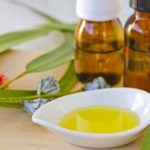What is fine dust?
Fine dust is the name given to tiny particles suspended in the air that cannot be swept away. They have a diameter of less than 2.5 microns. When these fine dust particles are inhaled into the lungs, they can have negative effects on human health such as causing coughing, pneumonia, and lung cancer. Therefore, planting dust-absorbing plants is extremely important for indoor spaces.
These types of plants are able to absorb fine dust even in areas without sunlight and with minimal light. The dust particles will stick to the leaves of the plants and can be easily wiped away, helping to improve the air quality. Consider adding the following plants to your living space:
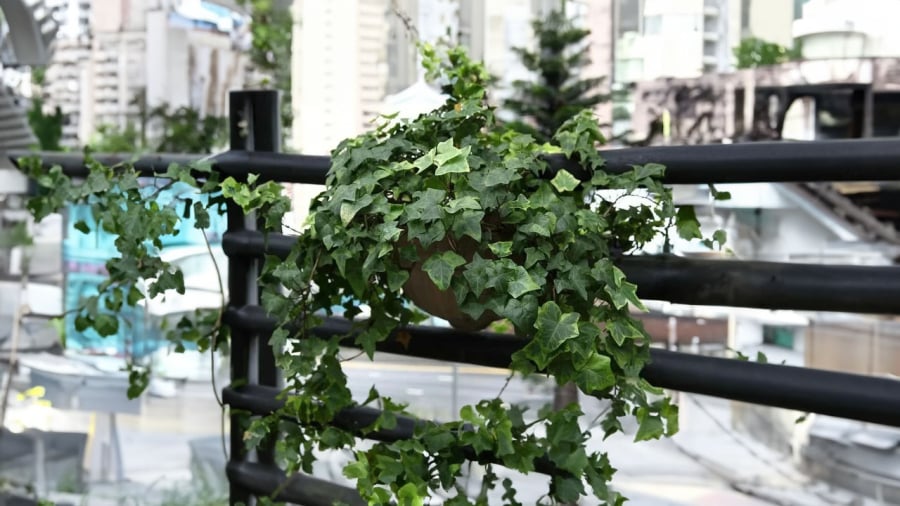
Orchid
The orchid is a climbing plant that can be planted in hanging pots on walls. Orchids are effective in absorbing dust. They are also popular indoor plants with beautiful foliage, suitable for hanging or placing on tables. With their beautiful colors and leaves, orchids are favored by many and they also help to clean toxins in the house such as formaldehyde, benzene, and trichloroethylene.
Spider Plant
The spider plant, also known as the spider ivy, has the ability to purify the air to some extent, effectively reducing air pollutants in the house as long as its leaves grow strong. Spider plants are easy to grow and thrive in living rooms and bathrooms. They can also help reduce carbon monoxide, formaldehyde, xylene, and toluene in the indoor air. Hang them near light sources like balconies and water them regularly to keep the spider plants healthy and flowering.
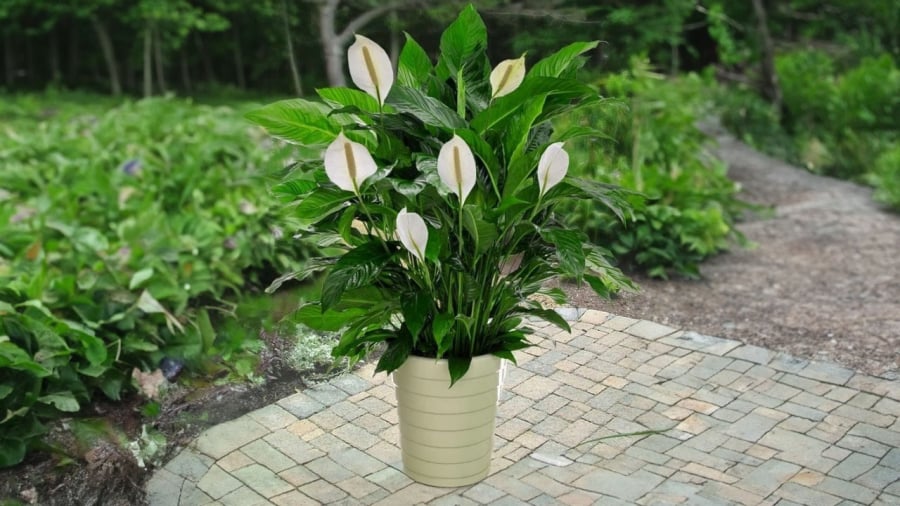
Orchid
The moth orchid has green leaves and white flowers that can thrive in low-light indoor environments. It is also very effective in absorbing dust. The moth orchid can reduce mold spores and other pollutants in the air, and it can also absorb some harmful acetone. The moth orchid can be planted in a pot or in an aquatic environment.
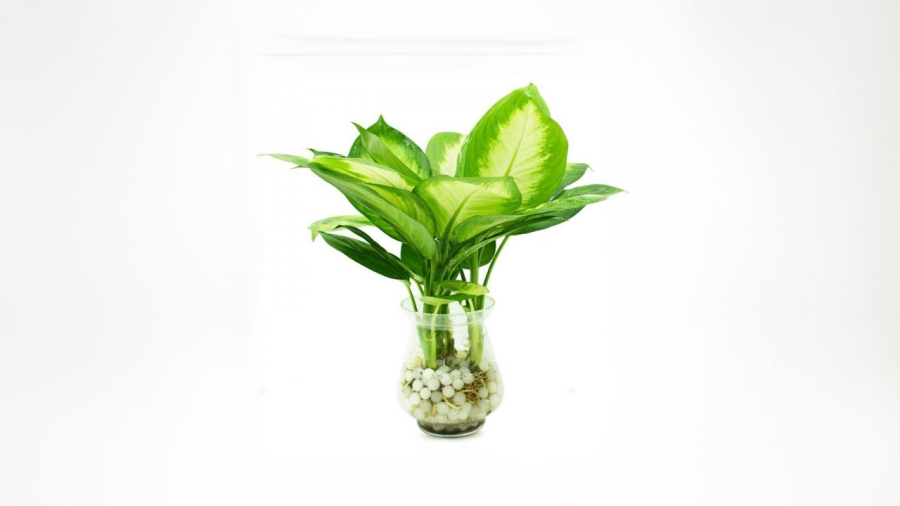
Snake Plant
The snake plant is a long-lasting plant that remains green and can be grown in aquatic environments or in soil. It is particularly tolerant of low-light conditions, needing only occasional exposure to sunlight. This plant is also known for its auspicious meaning and is favored by many people. In addition to purifying formaldehyde in the air, it is very easy to grow.
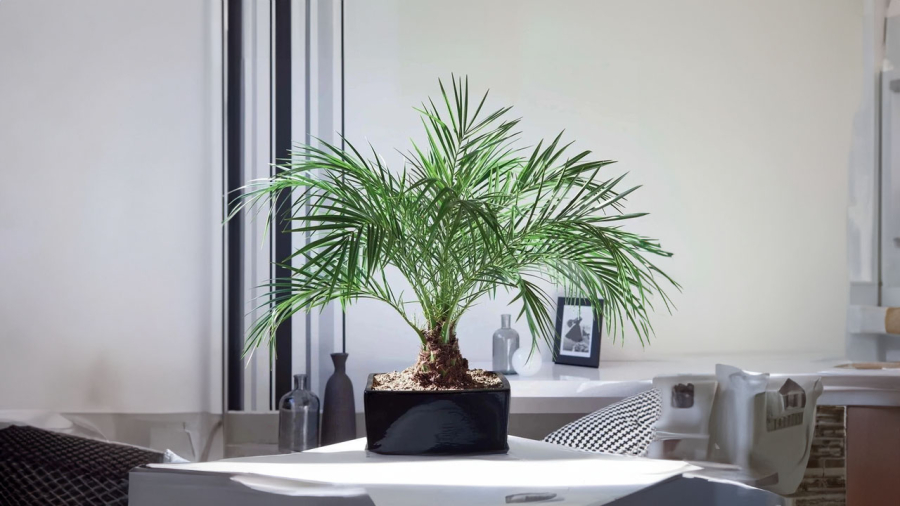
Palms
Palm plants with their needle-shaped leaves thrive in sunny conditions but can also survive indoors. They are excellent at absorbing fine dust. Palm plants are also beautiful decorative plants for your home. They are also believed to have positive Feng Shui energy and can help ward off negative spirits.
This information is for reference only

























